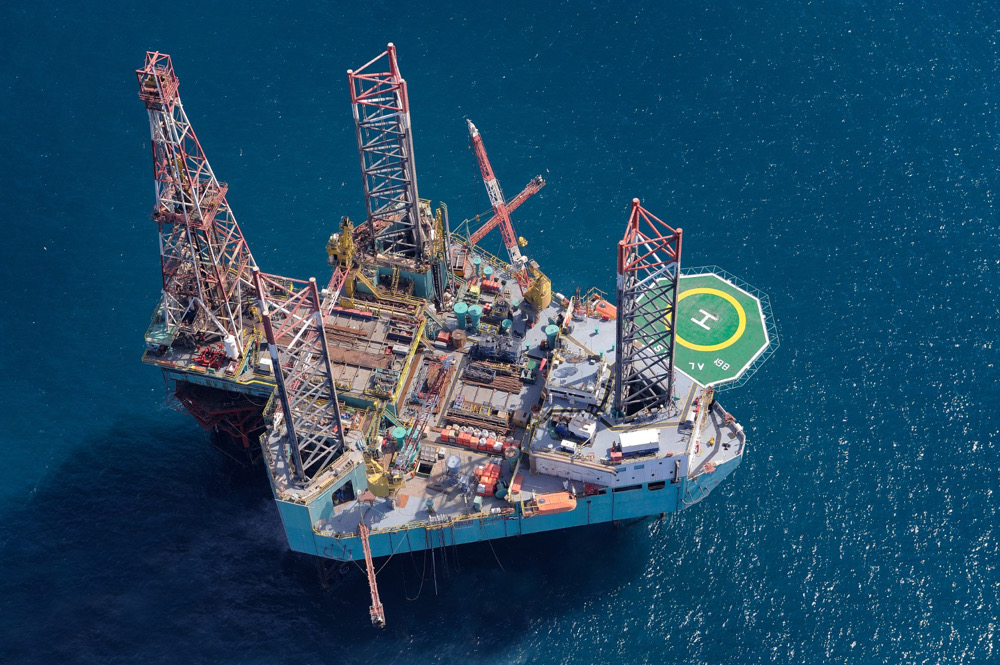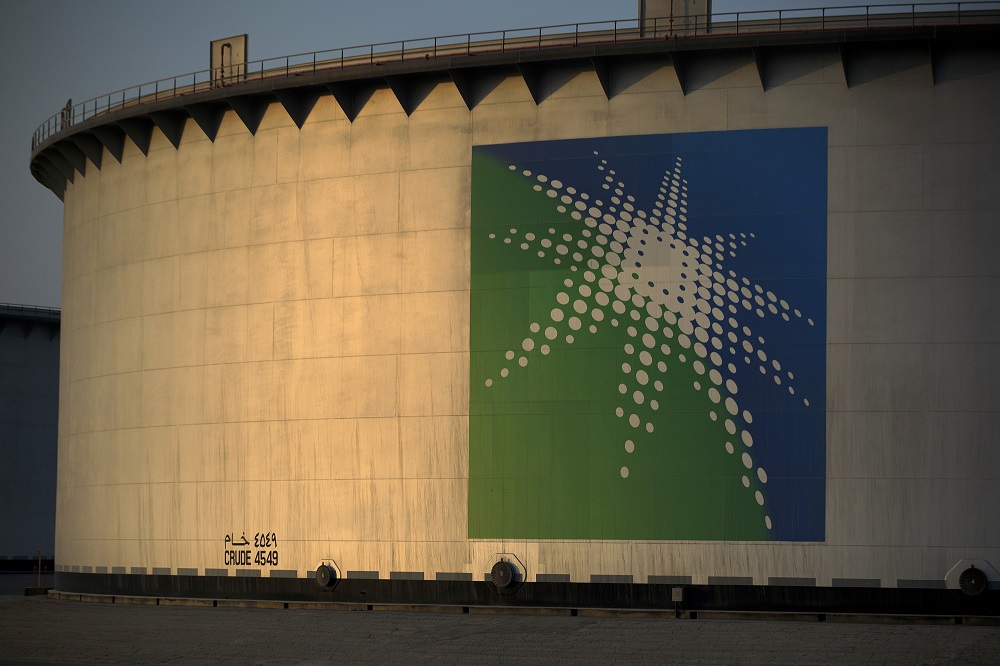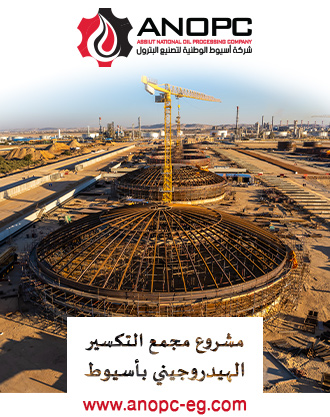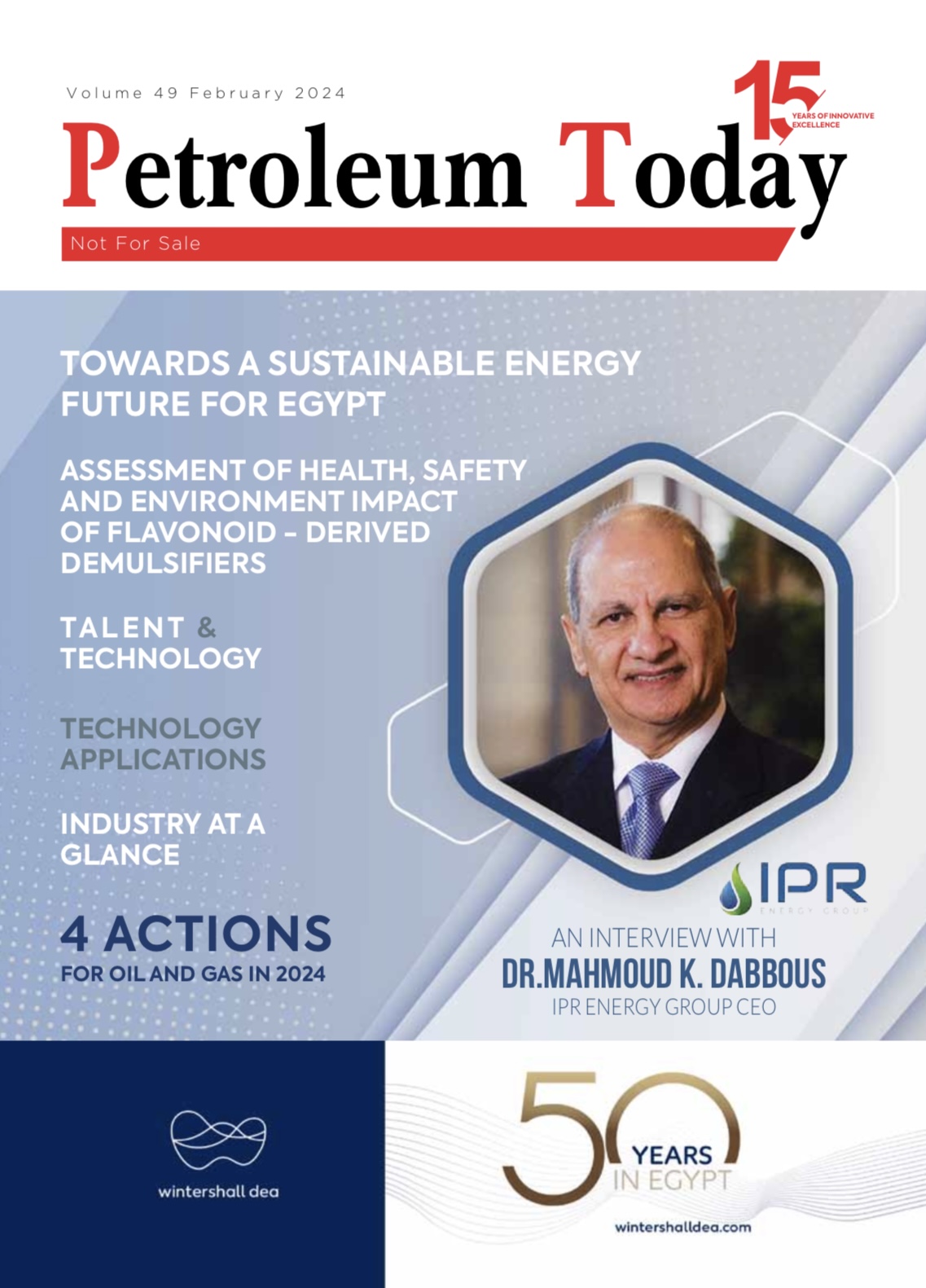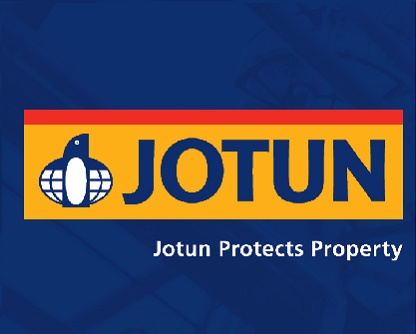International
UAE preparing Egyptian alternative to Israeli pipeline project
Published on : 2021-10-21

If the Eilat-Ashkelon oil pipeline agreement with the UAE is canceled due to environmental concerns, the project could be switched to Taba in Egypt.
The possibility that the agreement between Israel's Europe Asia Pipeline Co. (EAPC) and the UAE's Med-Red Land Bridge (MRLB) will be cancelled is clouding relations between Jerusalem and Abu Dhabi.
Israel has already received messages that cancelling the deal to convey oil and derivative products on the Eilat-Ashkelon pipeline will have a detrimental influence on relations between the countries and sources have told "Globes" that the UAE is considering an alternative plan.
If indeed the plan is cancelled due to opposition from some cabinet ministers and the possibility of High Court rulings against the plan, the UAE is discussing the option of building an alternative pipeline through Egyptian territory. Such a pipeline would cross Sinai from Taba to El Arish, alongside the existing gas pipeline infrastructure in Egypt. According to a source familiar with the matter, the option has already been raised in internal talks in the UAE and in initial discussions with the Egyptians.
The pollution will remain, the money will go
The economic significance of cancelling the agreement would mean losing hundreds of millions of shekels in profits for government-owned EAPC and for the UAE. Building the pipeline and adding ports, end stations and terminals for transporting oil would involve much work and resources over many years.
Israeli opposition to the oil pipeline deal is mainly based on concerns about polluting Haifa Bay. But if the deal was moved to Egypt, the container terminal would be moved just a short distance southwards to the other side of the border at Taba, so that the threat of pollution would remain.
The UAE is losing faith
The UAE is not referring to the subject officially, but according to a source familiar with the matter, they are genuinely bothered by the possibility of the cancellation and see it as not keeping an agreement between the countries, thus harming the credibility of Israel and its government. The source warned, "The repercussions could extend to other areas. And at the very least, every agreement from now and in the future will require much more certainty to ensure that the terms are met."
Under the agreement, first reported by "Globes" in September before the agreement was signed in October 2020, the UAE would use the EAPC pipeline as a land bridge between Asia and Europe for convey and storing oil and derivative products. The oil would be transported from the UAE and other Asian markets via EAPC's infrastructure in Eilat and Ashkelon and onto Western markets as well as between East Asia and the Eastern Mediterranean.
The agreement has more than financial significance. MRLB is a private company partly owned by Petromal, the oil and gas arm of National Holding, which is based in Abu Dhabi and is closely linked to the UAE's ruling family, and the agreement received the blessing of the UAE's leadership.
Under the terms of the agreement, the UAE would be permitted to transport 70 containers of oil per year, starting in five years (ten times the national average on the Eilat Ashkelon pipeline in recent years). The agreement is in practice being implemented today and by the end of the year 20 more containers are expected at Eilat Port.
The containers will unload their oil at the EAPC port in Eilat and from there be conveyed to storage on a land pipeline to Ashkelon and onto European markets. The deal allows the UAE to transport the oil in the opposite direction from Ashkelon to Eilat and according to estimates will yield EAPC up to $700 million over eight years.
The increase in the number of containers is one of the main factors raising concerns about oil spills among environmental protection organizations. EAPC points out that in the past larger amounts of containers passed through Eilat Port when oil was bought from Egypt and at a time when the terminal was less safe and had not undergone recent improvements to protect against spills.


